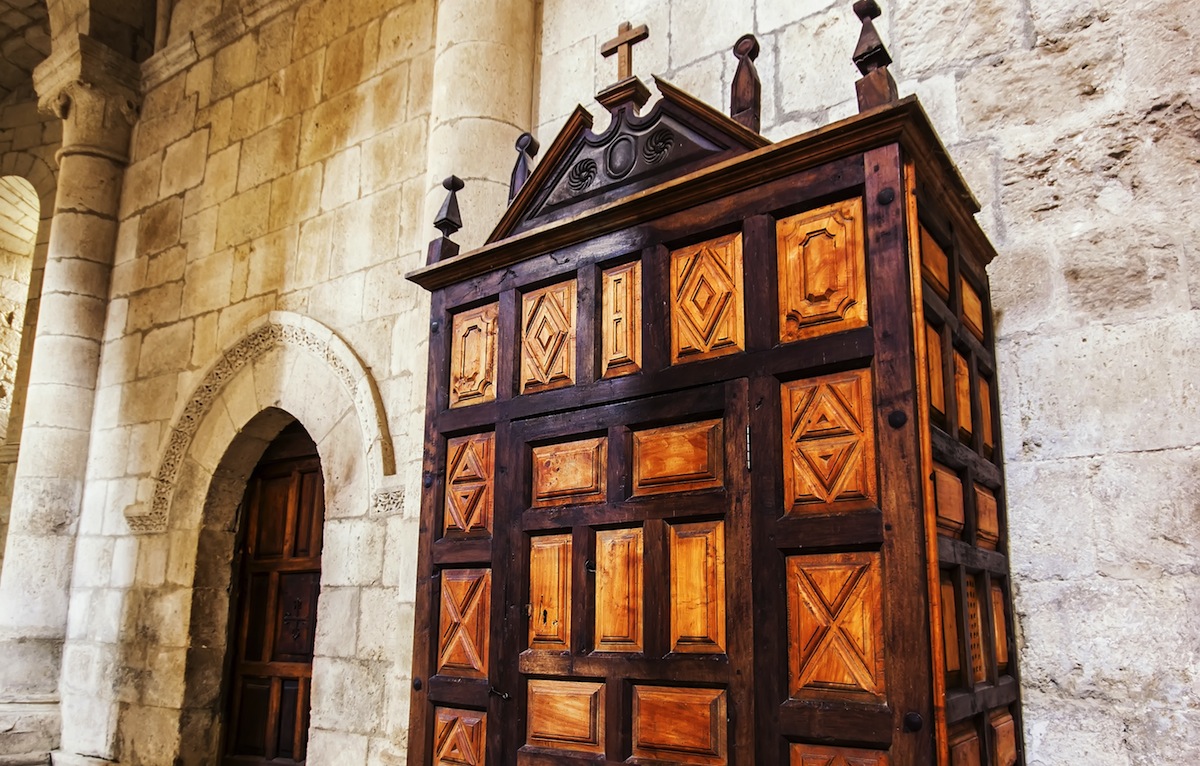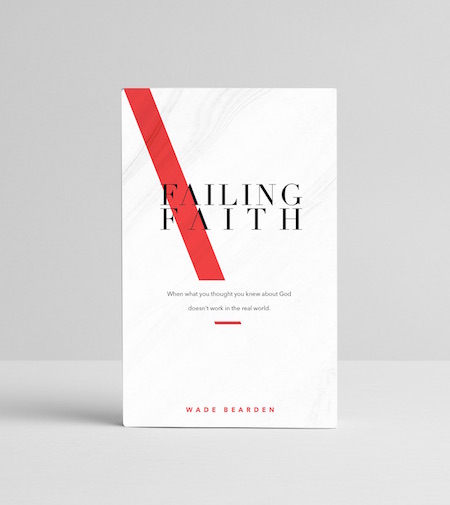
I remember when I first questioned God’s existence. I was a teenager with more acne spots than combined conversations with girls. I probably shouldn’t have doubted God; I practically took my first breath in church. My family attended worship services multiple times a week and I knew the Bible from the front cover to the maps. I was even born by way of water birth in the congregational baptismal (that may not be true).
But I doubted anyway.
I was always so scared to talk about my doubts. It’s not that I suddenly became an atheist. I wouldn’t even say I lost my faith. Yet, I often wondered if what I had learned about God was actually true. Were the stars painted by his mighty hand or was their placement haphazardly random at best?
I think doubting is something we all do from time to time. Event the best of us struggle with darkness unraveling at the corners of our mind. If it’s not our beliefs about God, it’s a temptation that continues to bubble to the surface of our lives. Maybe it’s depression or suicide. I think every one of us would be surprised at all the “normal” people we know who have thought once or twice about ending their own life.
The problem is, we’re often too scared to talk to anyone about it. We have trouble articulating our weaknesses, doubts, and depression. Why do we hide these ugly parts of our selves from everyone else? I have a good guess. I think it’s because as Christians we too often value perfection over confession.
When we let others in close enough to see the mold hidden deep in our hearts, we’re essentially saying: “I don’t have it all together. I need help. I’m not perfect.”
Admitting we’re not perfect isn’t easy to do. At least for me anyway. It’s a problem in my life because no matter how many times I say it, think it, or tell others about it, I often find myself still trying to earn God’s grace. When we as a church attempt to earn forgiveness, any crack in our faith becomes detrimental to our walk with God. We have to be perfect to make it as a Christian. When we struggle with doubt or depression, we see ourselves as faithless. If our faith depends on us, then weakness isn’t just weakness, it’s our downfall.
Putting our salvation on our back also creates a pseudo-atmosphere of authenticity. We don’t want to talk about our doubts or temptations because it’ll make us seem less-Christian. We also don’t have the type of openness that allows others to express their struggles either.
My mind keeps coming back to the ongoing conflict between Jesus and the Pharisees. Their clash lay at the foundation of what it means to have faith. The Pharisees trusted in their outward appearance—their prayers, offerings, and sacrifices. Anyone who didn’t measure up were seen as the “less-thans.” This is why the teachers of the Law were so appalled when Jesus hung out with “sinners.” Notice what Jesus says to this group:
Woe to you, scribes and Pharisees, hypocrites! For you are like whitewashed tombs, which outwardly appear beautiful, but within are full of dead people’s bones and all uncleanness. So you also outwardly appear righteous to others, but within you are full of hypocrisy and lawlessness (Matthew 23:27-28).
What others see and think isn’t the end all of faith. Those who are willing to express their weaknesses—we all have them—and reach the point where they’re more concerned with following God than holding the power that comes with perfection, are the ones who are well on their way to knowing Jesus. Confession is an act of humility where we acknowledge our weaknesses and ask God and others for help. We stop trusting in ourselves and start trusting in Jesus.
I don’t necessarily reflect the Catholic church’s beliefs regarding formal confession. I also believe that confession and openness should be done with wisdom—knowing when it should go public and when it should remain within the sphere of private conversations. But I do believe in the power of confession within the church. James, the brother of Jesus, summarizes the issue nicely when he writes, “Therefore, confess your sins to one another and pray for one another, that you may be healed” (James 5:16a).
Are you struggling with depression or suicide? Is there a specific sin thrashing at your heart? Talk to someone about it. Don’t value perfection over confession, because none of us are perfect. It’s the ones who first understand their own personal wretchedness that are in a place to receive grace and freedom from their struggles.




